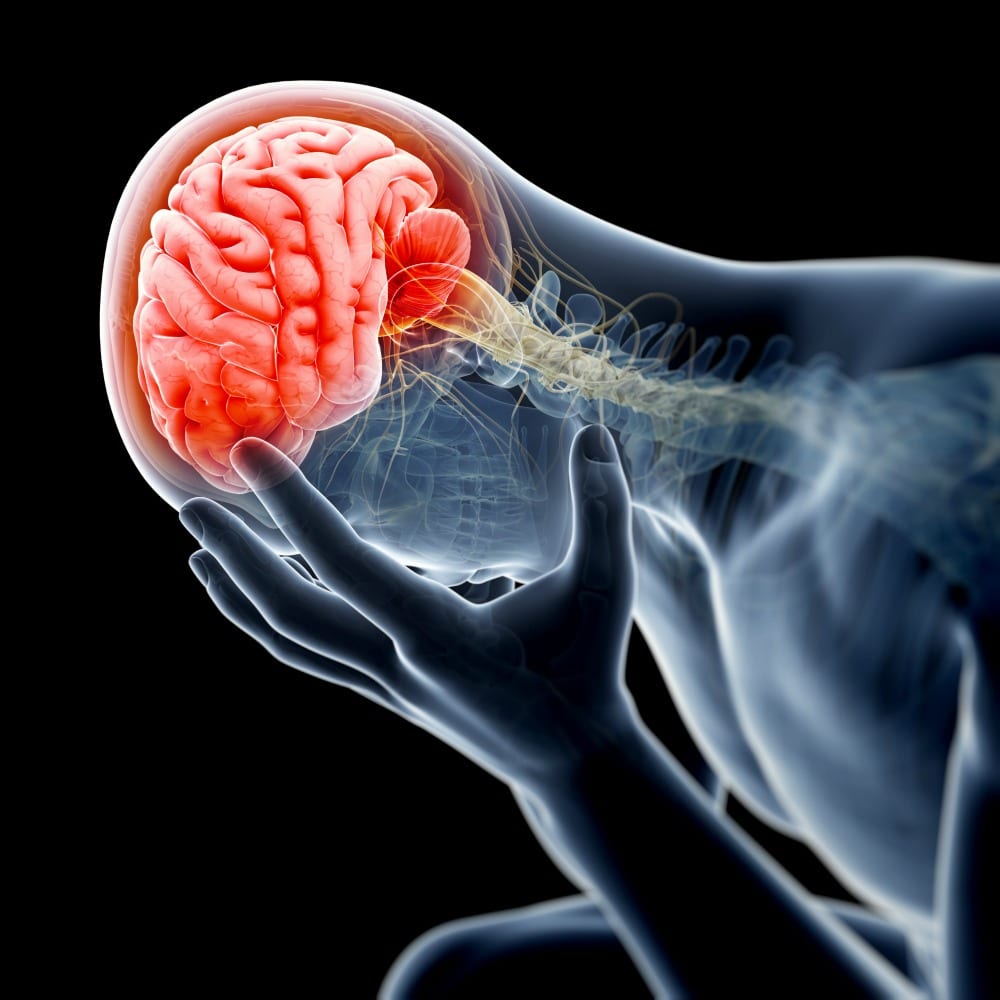A new drug therapy is giving researchers hope in the fight against traumatic brain injury. A team of scientists from UC San Francisco, led by professor of biochemistry and biophysics Peter Walter Ph.D. and professor of physical therapy and rehabilitation Susanna Rosi Ph.D., published their findings in the journal Proceedings of the National Academy of Sciences on July 10, 2017.
New Applications for Existing Drug
Previous research by Dr. Walter has already proven that the drug ISRIB can enhance memory in uninjured lab mice. In the new study, the UCSF team tested ISRIB’s ability to improve learning and memory formation in brain-injured mice.
The lab mice suffered from two different types of brain injury: focal contusions, which are localized injuries that affect spatial memory necessary to navigate the environment and complete daily tasks, and concussive brain injuries, which cause trauma to multiple areas of the brain. Concussive brain injuries reduce the brain’s ability to for critical reasoning and decision making.
Lab Trials
Researchers placed groups of mice in an 8-arm maze that required them to learn the location of a platform hidden under murky waters. The tests involved a group of mice with traumatic brain injuries and a control group of uninjured mice.
To find the platform, the mice had to swim through the water. Mice are not natural swimmers, so researchers spent a brief period of time training them for the task. The normal mice were able to complete the maze easily after the training period and showed improvement on subsequent runs. The brain-injured mice, however, continued to make errors and could not find the platform, even after the training sessions. Their abilities never improved.
The injured mice were then given 3 doses of ISRIB. The first dose was injected four weeks after the mice were injured, and following doses were given every two days. After the injections, the injured mice were able to match the abilities of the normal mice in the maze. They continued to show improvements in memory and learning up to a week after the last injection.
In a separate test, mice with concussive brain injury were put through a similar trial using a maze consisting of 40 holes on a tabletop. Only one of the holes led to an escape tunnel. The injured mice were given the same doses of ISRIB starting at two weeks after their injuries occurred. The brain-injured mice once again were able to match the results of the control group.
ISRIB
ISRIB stands for Integrated Stress Response Inhibitor. It works by the Integrated Stress Response (ISR), a part of a protective cellular system. Injury, infection, and malnutrition can slow down ISR, resulting in an inability to translate genetic instructions in DNA into functional proteins. ISRIB allows affected cells to override the ISR.
The trials are exceptional because they prove that ISRIB can be effective in the treatment of older injuries. Current treatments for traumatic brain injuries work best when administered as early as possible after the occurrence. Dr. Rosi believes that, with further research, the drug could be used to affect long-term changes in the brains of injured humans.
We need to do much more research,” Rosi said, “but I have high hopes that this drug can bring back lost memory capacity to our patients who have suffered brain injuries.”
Credit: UC San Francisco (UCSF):




